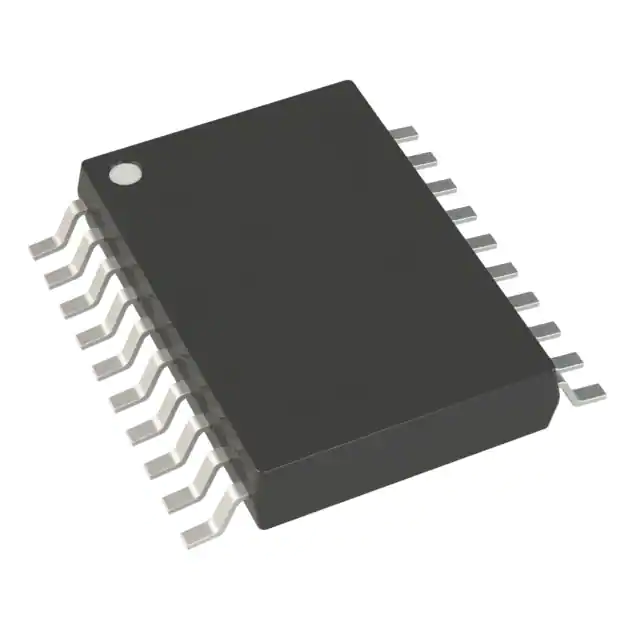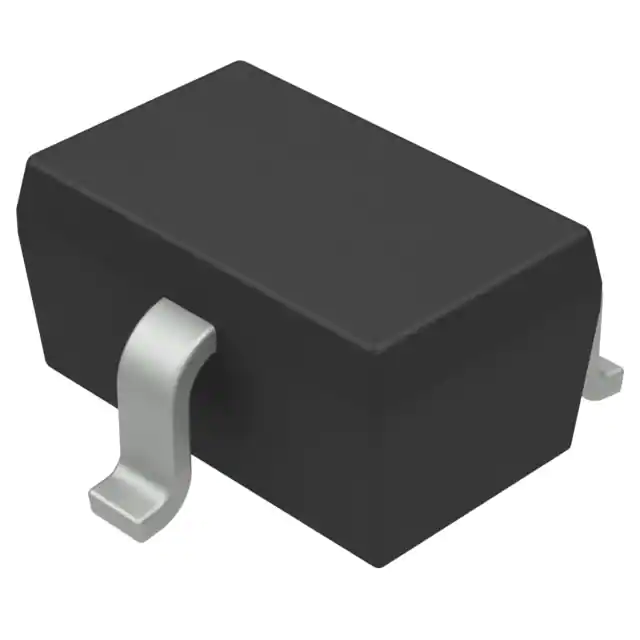Hello! now About Us
Welcome to DCZY!
New customer?Start here.
Sensors: The Touch of Modern Technology
1/19/2025 6:32:10 PM
Definition of Sensors
Types of Sensors
-
Temperature Sensors: Used to measure temperature, common ones include thermocouples, thermistors, and infrared sensors.
-
Pressure Sensors: Used to measure the pressure of gases or liquids, widely used in automotive, aviation, and medical equipment.
-
Humidity Sensors: Used to detect the moisture content in the air, which is very important for agriculture, meteorology, and indoor environmental control.
-
Light Sensors: Including photoresistors, photodiodes, and phototransistors, used to detect the intensity and color of light.
-
Motion Sensors: Such as accelerometers and gyroscopes, used to detect the motion status of objects, including speed, acceleration, and rotation.
-
Chemical Sensors: Used to detect the presence and concentration of chemical substances, such as gas sensors and pH sensors.
-
Biological Sensors: Used to detect biological molecules, such as glucose sensors for diabetes management.
Applications of Sensors
-
Industrial Automation: In manufacturing, sensors are used to monitor the status of production lines to ensure product quality and production efficiency.
-
Smart Homes: Through temperature, humidity, light, and motion sensors, smart home systems can automatically adjust the environment to improve living comfort.
-
Healthcare: Sensors in medical devices are used to monitor patients' vital signs, such as heart rate, blood pressure, and blood sugar levels.
-
Environmental Monitoring: Sensors are used to monitor air quality, water quality, and soil conditions, which are crucial for environmental protection and resource management.
-
Transportation and Logistics: In cars and airplanes, sensors are used for navigation, safety monitoring, and performance optimization.
-
Agriculture: Sensors are used to monitor crop growth conditions, such as soil moisture and nutrient levels, to optimize irrigation and fertilization.
The Future of Sensors
-
Smaller and More Efficient Sensors: With the advancement of nanotechnology and material science, sensors will become smaller while maintaining or improving their performance.
-
Self-Powered Sensors: Powered by environmental energy (such as solar, thermal, or vibrational energy) to supply power to the sensors, reducing the dependence on batteries.
-
Intelligent Sensors: Integrated with AI algorithms, enabling sensors to process data and make decisions locally, reducing the need for data transmission.
-
Multimodal Sensors: Capable of detecting multiple types of data simultaneously, providing a more comprehensive environmental perception capability.
Latest Products
-
AD9834BRUZ
Analog Devices Inc.
-
BAV99W,135
Nexperia USA Inc.
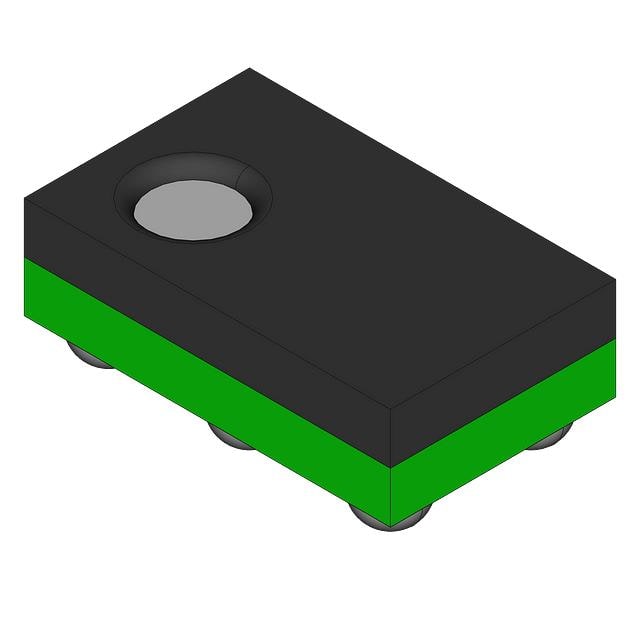
-
IP5002CX8/P135
NXP USA Inc.
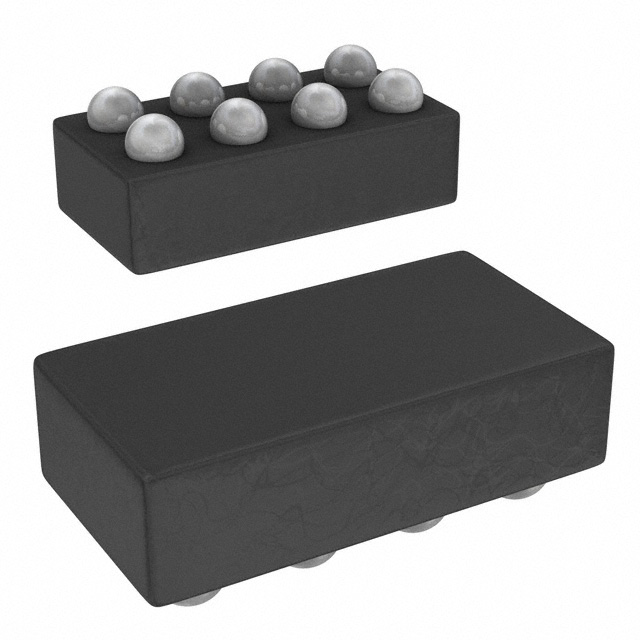
-
ADAU7002ACBZ-RL
Analog Devices Inc.
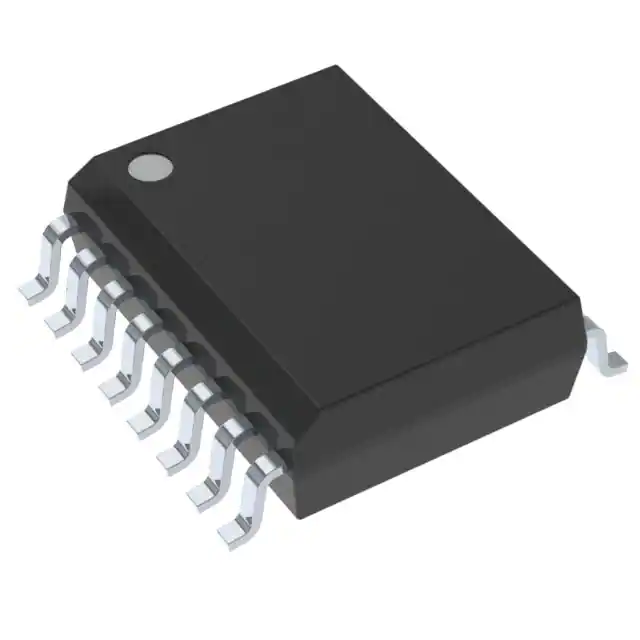
-
PGA2320IDW
Texas Instruments
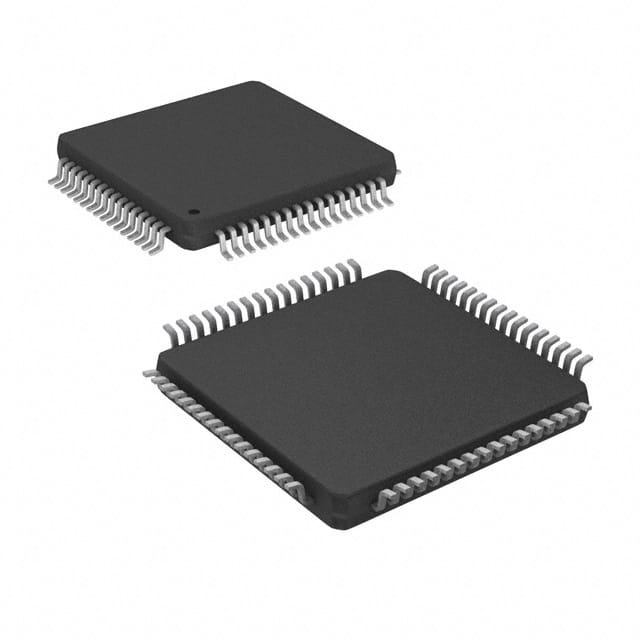
-
SRC4184IPAG
Texas Instruments
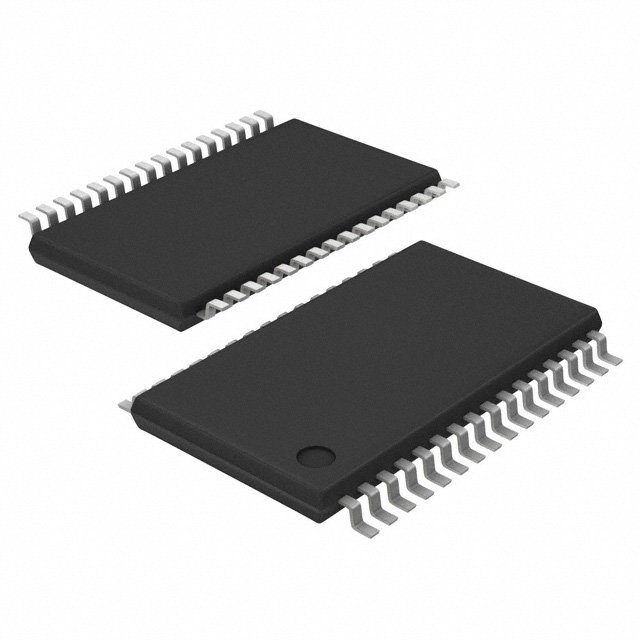
-
MUSES72320V-TE2
Nisshinbo Micro Devices Inc.
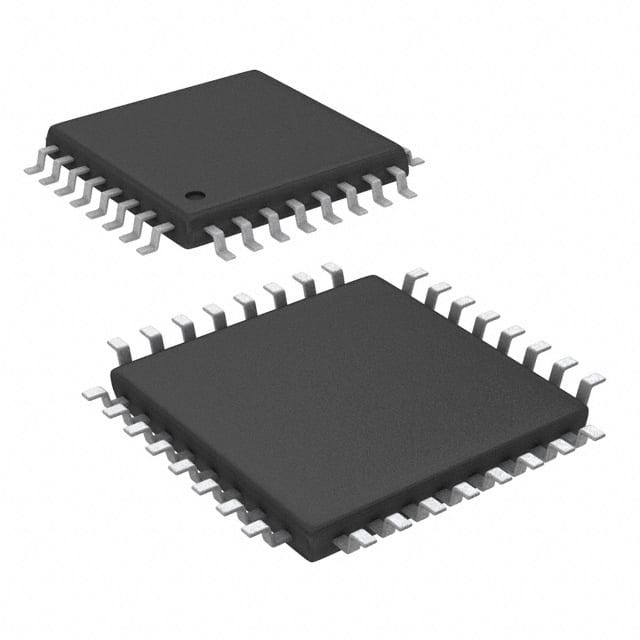
-
PCM2706CPJT
Texas Instruments
 Upload BOM
Upload BOM

